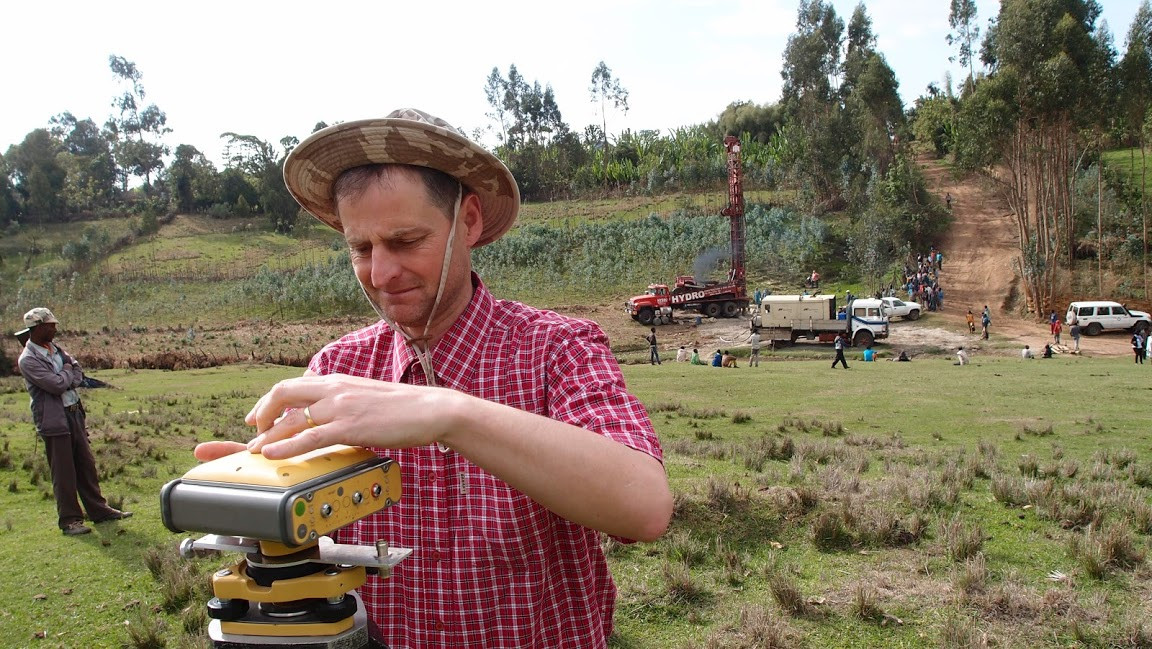Water and Jobs - World Water Day 2016
Published: Mar 17, 2016 Reading time: 4 minutes Share: Share an articleThe theme of this year's Water Day, set for March 22, is "Water and Jobs". The goal of the motto is to point out that there is a direct relation between secure access to water sources and economic development of the society. Water is one of the major economic commodities.

Access to water can entirely change people's lives. Areas lacking water usually provide worse access to healthcare and decent jobs. For example a year ago, an Ethiopian village Bargo did not have an electricity and the locals had to carry water from a distant spring. During two years, the village had undergone electrification of households and the borehole was drilled. An electric pump now distributes water for the entire village. These two events had a major impact on the lives of the locals. New shops and small business emerged in the village, creating new possibilities and jobs for the locals. Surrounding areas began to be interested in Bargo. After the migration of people to urban areas, the population began to grow again. People can now profitably spend the time saved by not having to carry water anymore. This is but a small example of access to water stimulating the stagnating economy.
#~gallery-1382~#
"Lack of water affects both people's health and the economy. Economic loses are harder to recognize, but they are even more striking," says Jan Faltus, People In Need's expert on water and sanitation sector. "Water is necessary not only for agricultural and industrial production. Lack of water causes great complications especially to households in developing countries, where people need to spend a lot of time and energy to acquire enough water of acceptable quality. Children living in these areas miss on school and thus lose education because of having to carry water. Entire families have to move away from their relatives and culture to areas, where they are forced to work outside of their area of expertise. Rural-urban migration is a sad proof of that, as experienced farmers occupy any urban job positions," says Jan. Migration and land degradation are only some of the negative effects. Loss of jobs, a consequence of uneven water distribution, further destabilizes economic environment of the country. Water can have both direct and indirect impact on economic stability and growth.
Securing of water sources, investing in water infrastructure and qualified management create jobs and favourable economic environment in both rural and urban areas. Current business risk and financial risk, associated with lack or instability of water sources, can be interpreted as a challenge when forming government strategies in the future. Water as a commodity can function as a means to create new jobs, technologies, and innovative approaches associated with circular economy and effective use of wastewater.
On the other hand, the development costs a lot of resources other than water. A pollution and excessive consumption of water are inherently associated with economic growth. According to the estimates, it will be necessary to invest 50 - 60 billion dollars in order to satisfy world demand for water. In case the private sector helps with the investment, it would start returning in three years.
According to the UN, clean water for personal use is one of the basic human rights. Development programmes concerning water, hygiene and sanitation strive to make enough water of satisfying quality accessible in areas with insufficient water resources. Access to water can also create many jobs. Thanks to the access to water, this "win- win" scenario provides enough production time for the receivers of developing aid by decreasing the delivery time and morbidity. Furthermore, it will create new jobs and contribute to the development of water management and waste management, maintenance services, and management and protection of water sources.
"The basic prerequisite is securing of effective management of the distribution of water sources. Effective management of water infrastructure involves all parts of society, which should cooperate in a transparent, non-corrupt and inclusive way. From non-formal communities through private sector to the government, we can see the examples of good practice, where long-term functional water sources positively affect the development of the society," says Jan Faltus.
Even a small Ethiopian village Bargo proves that water has a strong economic potential. New water supply network provides jobs for dozens of people, from the operators of distribution points, through engineers, to security. A stable access to water implicitly benefits businessmen, craftsmen, and last but not least, families with children from the surrounding areas.



